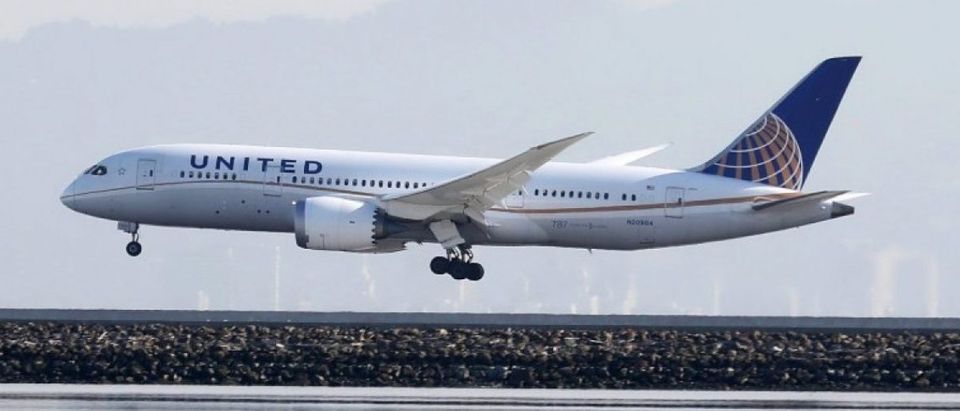Days after Emirates Airlines launched a new route from Newark to Athens to Dubai, a coalition representing Delta Air Lines, United Airlines, and American Airlines called on the administration to freeze the route, and others from Etihad Airways and Qatar Airways, under the Open Skies agreements between the U.S. and Persian Gulf governments. They claim that there is not a “fair playing field” due to illegal subsidies to the state owned airlines. Granting their request would harm American consumers and is not justified under the circumstances.
Adoption of the Open Skies agreements—the U.S. has them in place with over 100 jurisdictions—helped to deregulate the airline industry and eliminate government interference in the market. As a result, competition increased and consumers benefited through lower prices, more frequent flights, and better in-flight service. A Brookings Institution study estimated $4 billion in annual consumer benefits, and American airlines have also been able to vastly expand their reach through access to new markets thanks to Open Skies agreements.
But several U.S. airlines—facing new competition for customers on certain routes—now cry foul. They claim that billions in subsidies are going to the Gulf carriers and use it as reason to call for revisiting the Open Skies agreements. The free markets that have long benefited consumers are no longer sufficient, they say, and “fairness” ought to now be ensured by government.
This would represent a major step backward for an airline industry that suffered under stiff regulation for decades. “Market fairness,” after all, has long been a euphemism used by those who don’t trust freedom and favor instead government control over the economy. Its use in this case is pure corporate rent-seeking rather than motivated by ideological, but the desired result is the same: a government that picks winners and losers and thus ultimately makes losers of us all.
And just how unfair is the playing field, really?
Lest we forget, U.S. airlines also benefit significantly from subsidies. They received a quick bailout following 9/11, and continue to benefit from the Essential Air Service program and its subsidies for airlines serving many rural communities, and the Fly America Act, which requires federal agencies to favor U.S. air carriers regardless of cost or convenience. Then there’s the significant tax dollars funneled into air travel infrastructure.
The companies in question also seem to be doing just fine despite claims of being unable to compete. Delta was proud to announce “a year of record-breaking performance in 2016,” for instance. United and American have also been showing hefty profits.
When foreign governments subsidize foreign companies, the biggest losers are foreign taxpayers. In addition, distortions of market activity ultimately lead to large inefficiencies and slower economic growth. That’s why such policies cannot last in the long run when set against the free market. American companies should look to history if they need more confidence on that point.
On the other hand, an intervention by the U.S. government could spark retaliation and the closing of some markets to American carriers. The result would be higher prices and fewer choices for international travelers, which would not only inconvenience American consumers but also depress tourism and its sundry benefits to the U.S. economy.
In an ideal world governments wouldn’t be subsidizing any companies. Things are obviously not yet ideal, but Open Skies agreements have moved us closer in that direction.
If U.S. air carriers want to offer up all current and future benefits that they receive in exchange for the elimination of subsidies overseas, that’s a discussion worth having. Taxpayers the world over would certainly rejoice. But let’s not make the mistake of compounding one bad policy with another by re-regulating the air travel industry.


